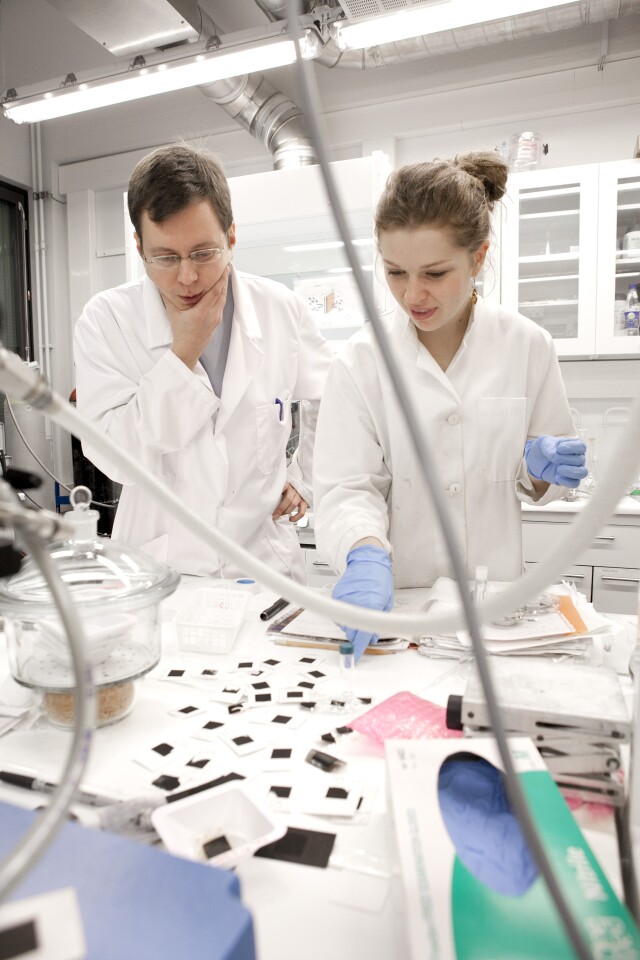While fuel cells show a lot of promise for cleanly powering things such as electric cars, there's something keeping them from being more widely used than they currently are - they can be expensive. More specifically, the catalysts used to accelerate the chemical processes within them tend to be pricey. Work being done at Finland's Aalto University, however, should help bring down the cost of fuel cells. Using atomic layer deposition (ALD), researchers there are making cells that incorporate 60 percent less catalyst material than would normally be required.
In a fuel cell, the anode is coated with noble metal powder, which serves as a catalyst by reacting with the fuel. Using their ALD method, the scientists were able to use less powder to create a coating that was thinner and more even than conventional coatings, yet just as effective.

While fuel cells can be made with a number of different fuels (even including microbes or coal) and noble metals, the Aalto team is now developing low-cost cells that will run on methanol or ethanol, with a palladium catalyst. Probably the most well-known fuel cells are those that run on hydrogen, but such cells require a catalyst made of platinum, which is twice the price of palladium.
A paper on the research was recently published in the Journal of Physical Chemistry C.






